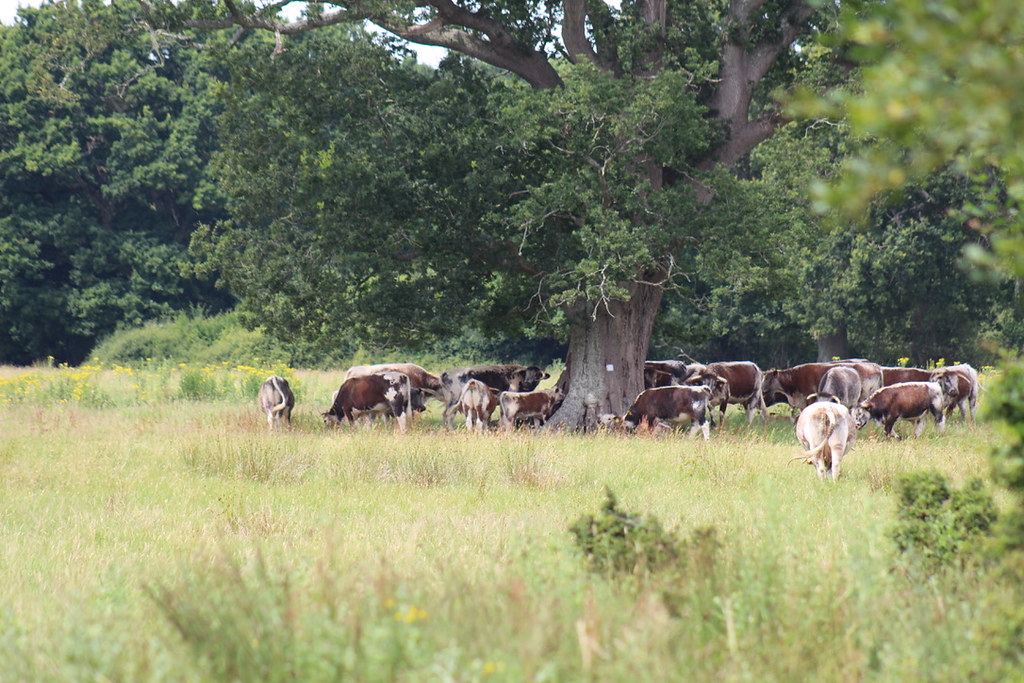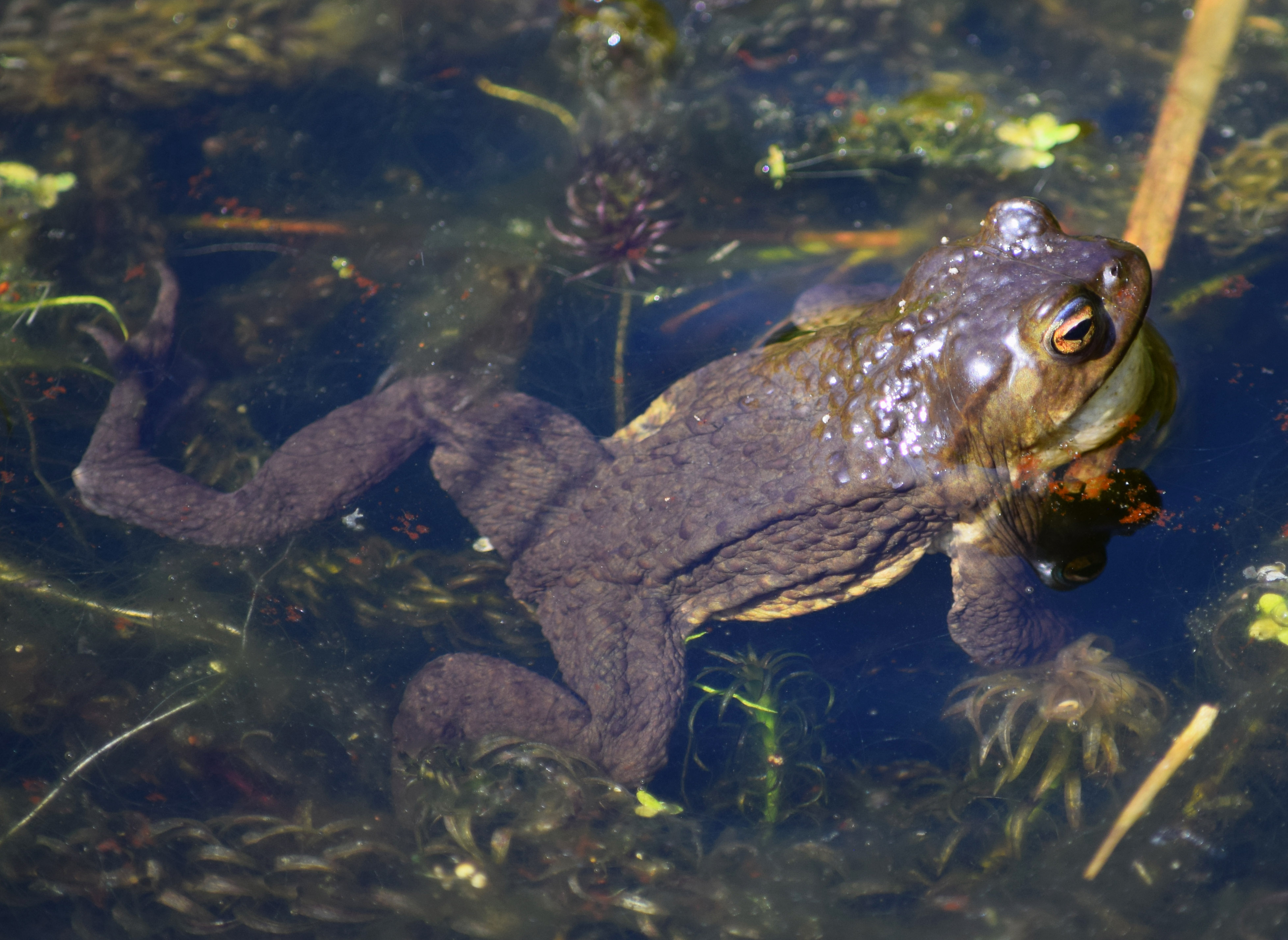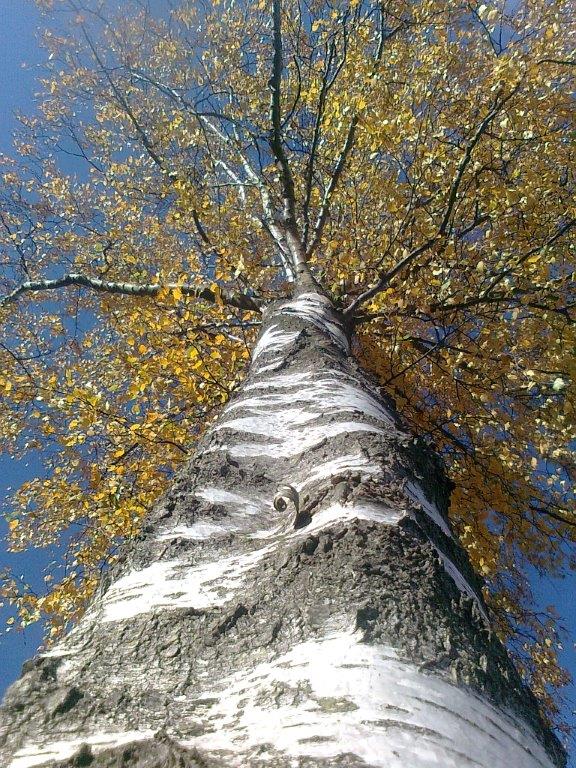 THE TIMES reports the actress is campaigning for an end to the detonation of submerged bombs during the construction of wind farms, after fears that the blasts deafen marine mammals. She has joined with conservation charities to say that this approach is “crazy”. A vast quantity of live explosives still lies in the seas around Britain, many dumped by Nazi bombers that failed to find their targets.
THE TIMES reports the actress is campaigning for an end to the detonation of submerged bombs during the construction of wind farms, after fears that the blasts deafen marine mammals. She has joined with conservation charities to say that this approach is “crazy”. A vast quantity of live explosives still lies in the seas around Britain, many dumped by Nazi bombers that failed to find their targets.
Bottlenose dolphins photo by Gregory “Slobirdr” Smith under creative commons.



 The
The